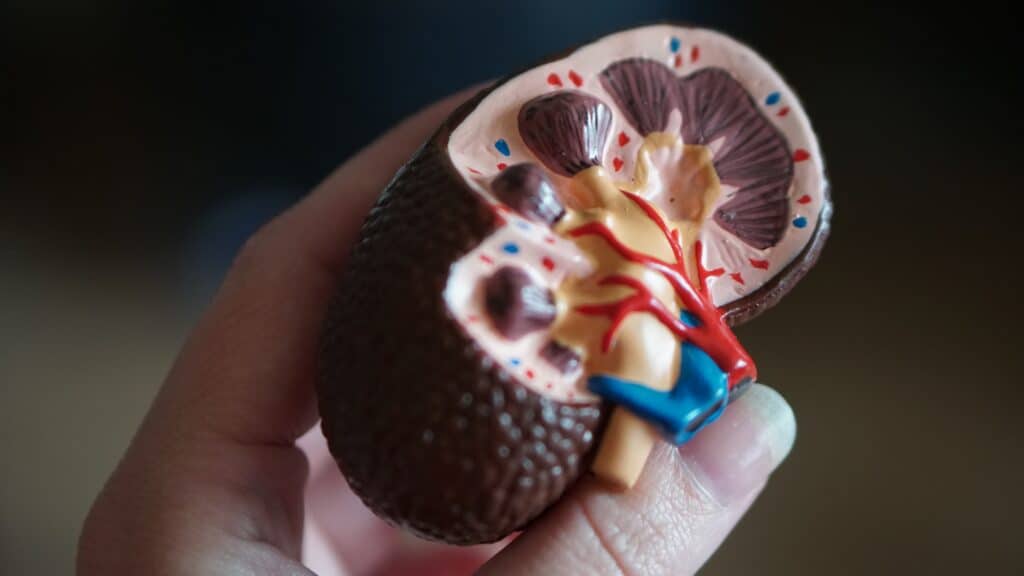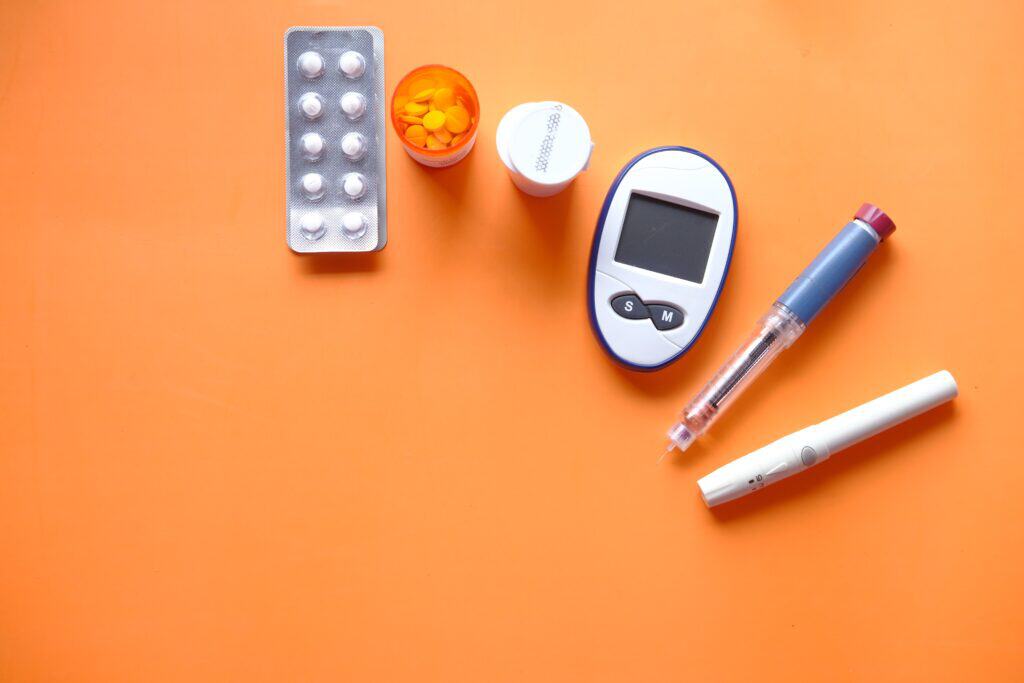In the intricate symphony of hormones that govern the human body, testosterone takes center stage. Often associated with masculinity, this powerful hormone plays a crucial role in both men and women, influencing a wide array of physiological and behavioral functions. In this blog post, we will explore the multifaceted role of testosterone in the human body and its impact on various aspects of life.
Understanding Testosterone
Testosterone belongs to a class of hormones called androgens, which are primarily produced in the testes in men and the ovaries in women. Smaller amounts are also produced in the adrenal glands. While it is present in both sexes, men typically have higher levels of testosterone than women. The role of testosterone also has a vital place during fetal development, influencing the formation of male genitalia and other masculine characteristics.
Physical Development
As we progress through puberty, testosterone levels surge, triggering various physical changes. In males, these changes include the growth of facial and body hair, deepening of the voice, and the development of the Adam’s apple. It also promotes the growth of muscle mass and bone density, contributing to the larger body size typically seen in men compared to women.
In women, testosterone also plays a role in supporting bone density and muscle mass. However, the levels are lower, and the hormone primarily serves as a precursor for estrogen production, the primary female sex hormone.
Sexual Function
Testosterone is essential for sexual function in both men and women. In males, it is responsible for the development and maintenance of the reproductive organs, including the testes and prostate. The role of testosterone also has a function in the production of sperm. Additionally, testosterone influences sexual desire (libido) and is linked to overall sexual satisfaction.
In women, testosterone contributes to sexual desire, arousal, and sensitivity in the genitals. While estrogen plays a more prominent role in the female reproductive system, testosterone remains crucial for sexual health and well-being.
Mood and Mental Health
Testosterone doesn’t solely impact physical aspects; it also plays a role in mental and emotional well-being. Research suggests that testosterone may influence mood and cognitive functions, such as spatial abilities and verbal memory. Adequate testosterone levels are associated with better cognitive performance and overall mental health.
Low testosterone levels in men have been linked to mood disturbances, such as irritability, fatigue, and depression. Similarly, women with low testosterone levels may experience mood swings and a decrease in overall well-being. However, the exact mechanisms through which testosterone affects mental health are still being explored.
Metabolism and Energy Levels
Testosterone plays a vital role in metabolism and energy regulation. It contributes to the maintenance of lean body mass and helps prevent the accumulation of body fat. Adequate testosterone levels also support energy levels and may enhance physical endurance and athletic performance.
Influence on Cardiovascular Health
Testosterone’s impact on cardiovascular health is a subject of ongoing research. Studies have shown that men with lower testosterone levels may be at a higher risk of developing cardiovascular issues, such as hypertension and heart disease. On the other hand, excessively high testosterone levels may also have negative effects on cardiovascular health. Maintaining a balanced testosterone level appears to be essential for overall cardiovascular well-being
Testosterone is a remarkable hormone that plays a multifaceted role in the human body. From influencing physical development and sexual function to affecting mood, metabolism, and cardiovascular health, testosterone’s effects are far-reaching. It is crucial to recognize that testosterone is not just a “male hormone,” but an essential component of both male and female health.
Maintaining healthy testosterone levels is vital for overall well-being, and any concerns about testosterone levels should be addressed by qualified healthcare professionals. Understanding the intricate role of testosterone empowers us to appreciate the complexity of the human body and the delicate balance of hormones that keep it functioning optimally.
Get your testosterone levels tested today, at Bio-Test Laboratory.





